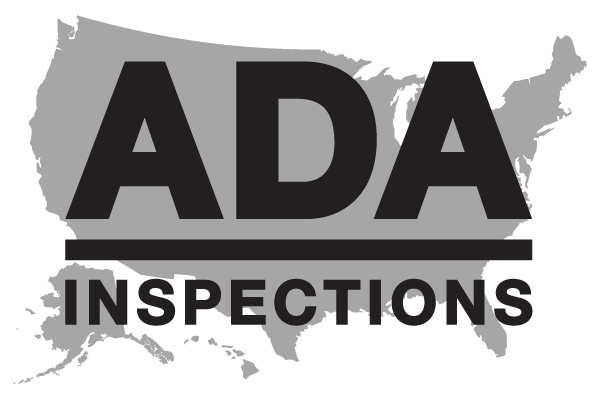How to Avoid an ADA Lawsuit for Your Business
ADA Logo
Americans with Disabilities Act (ADA) lawsuits happen frequently. These lawsuits can be expensive and time consuming, but they are very much avoidable.
The courts have very little patience with businesses or government entities (defendents) who, with or without intent, allow their practices or facilities to violate the ADA laws. The ADA became law in 1990 yet many businesses and government entities are still not fully compliant.
Many disabled people are unable to make a living to support themselves and/or their family adequately. With this reduced income and the frustration of seeing so many violations of the ADA laws, disabled people will fight back anyway they can. Hence the lawsuits. This article will show you how to best avoid an ADA lawsuit.
There are five (5) main titles of the ADA from which most ADA lawsuits develope. These are:
Title I: Prohibits private employers, state and local governments, employment agencies and labor unions from discriminating against qualified individuals with disabilities in applying for jobs, hiring, firing and job training. Enforced by the EEOC, Title I applies to employers with 15 or more employees. Title I is a common source of ADA lawsuits.
Title II: Requires that state and local governments give people with disabilities an equal opportunity to benefit from their programs, services, and activities, for example public education, employment, transportation, recreation, health care, social services, courts, voting, and town meetings. Title II mostly focuses on the built environment but can also pertain to other types of access to programs and services. Enforced by the Dept of Justice.
Title II, Subtitle B, Public Transportation: Covers public transportation services, such as city buses and public rail transit (e.g. subways, commuter rails, Amtrak). Enforced by the Dept of Transportation.
Title III: Requires that owners, tenants or operators (private entities) that own, lease, lease to, or operate facilities such as restaurants, stores, hotels, theaters, private schools, doctors' offices, day care centers, and recreation facilities including sports stadiums and fitness clubs, comply with Title III laws for the built environment. Recently Title III has become a source of lawsuits for websites that limit accessibility for individuals with sight or hearing limitations. Enforced by the Dept of Justice.
Title IV: Addresses telephone and television access for people with hearing and speech disabilities. Title IV can be a common source of lawsuits by individuals with hearing loss.
Title V includes miscellaneous provisions that are intended to apply broadly across all the other titles. Title V is not a common source of lawsuits, but should not be ignored.
The Solution: How to Avoid an ADA Lawsuit for Your Business
ADAC, NEADACT
Appoint, hire or contract with an ADA coordinator (ADAC). Frequently in lawsuits the defendant will say “I had no idea that was a law.” However, ignorance of the law is no excuse. And because the ADA laws have been in effect since 1991, it is a poor excuse at best, and the courts will have that opinion too.
This position as ADAC requires formal training and testing to achieve the ADAC certification. Unfortunately it is common for businesses or agencies to appoint a person already on their staff as the ADAC but that person has no knowledge of the ADA laws and no formal training as an ADAC. Plus, the responsibility as ADAC is commonly added as an additional duty, not the individual’s primary responsibility. This is a bad decision. The appointed ADAC should be fully supported with formal training, certification, and a sufficient allocation of man-hours and financial resources.
ADACT Logo





